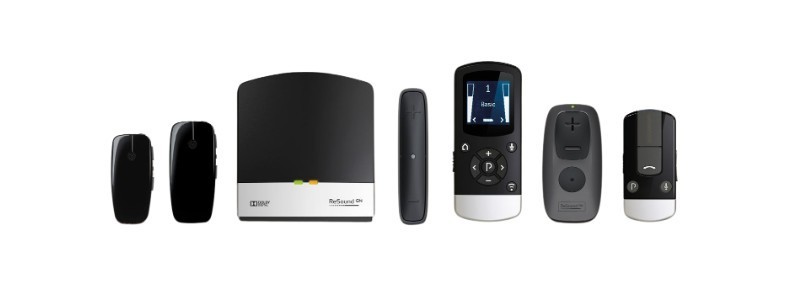- KILMARNOCK, EAST KILBRIDE & PAISLEY 📱 01563 523 059
- info@kilmarnockhearingcentre.co.uk
Why bring someone to a hearing test

Widex SmartRIC
May 8, 2024
Types of Hearing Loss
May 13, 2024Congratulations! You recognised that your hearing was not as sharp as it used to be and took the initiative to book an appointment with our hearing care specialist.
By taking this proactive measure, you have joined a knowledgeable community of individuals who prioritise their hearing health.
In the event that you receive a diagnosis of hearing loss during your upcoming hearing evaluation, you can expect to encounter numerous unfamiliar terms. Additionally, you may be required to make certain decisions that will have an impact on both your well-being and finances. While hearing evaluations are comfortable and non-intrusive procedures, it is advisable to bring a family member or loved one with you to this medical appointment, as hearing care professionals prioritise your best interests.

Hearing loss impacts the whole family
Have you taken into account the impact of your hearing difficulties on your relationships with your loved ones?
Inviting your partner to join you in your appointment can give them a chance to express their thoughts and emotions as well. It’s possible that you might be surprised by what they have been thinking.
Partners often spend many years, if not decades, adapting to their significant other’s hearing loss. The insights they provide during your appointment can assist you and your hearing care professional in tailoring a more personalised treatment plan.
Many people postpone having their hearing tested because they think no one else is impacted by their hearing loss.

There’s a lot to know about hearing aids
In the event that your hearing loss is of varying degrees, hearing aids may be recommended as a form of treatment. In such cases, it would be beneficial to have a companion accompany you to assist in selecting the most suitable manufacturer and model of hearing aid that aligns with your lifestyle and budget.
Additionally, they can provide guidance on how to properly care for your new technological device. While you attentively listen to the healthcare practitioner, your companion can diligently take notes.

Hearing aids have options and accessories
Due to technological advancements, hearing aids now have the capability to connect with other digital devices like smartphones and televisions. Moreover, there are different accessories available that can improve the functionality of your hearing aids and make wearing them more pleasant. Since the features and accessories differ depending on the brand and type of hearing aid you have, it is advisable to seek assistance in selecting the ones that suit you best.
If your hearing impairment does not meet the criteria for hearing aids, you might still desire some help in specific listening scenarios. Collaborate with your hearing care specialist and loved ones to assess the potential advantages of using assistive listening devices.
Wearing a hearing aid is just part of the solution
Listening is a cognitive process, so depending on how long you have delayed seeking help, your brain might have difficulty recognising common sounds. It may take some time to retrain your brain to identify certain sounds in your surroundings.
And because untreated hearing loss is associated with various health issues like heart disease, diabetes, depression, and dementia, following the recommended treatment plan sooner rather than later can greatly improve your quality of life. This is a lot of information to absorb, which is why having a supportive companion during your hearing assessment and subsequent appointments is recommended.
With the help of your healthcare provider, you can set realistic expectations about your new hearing devices and overcome any obstacles you may face on your journey to better hearing.




